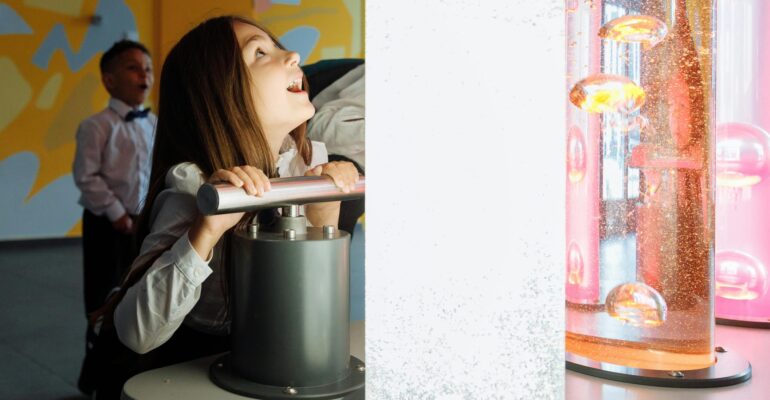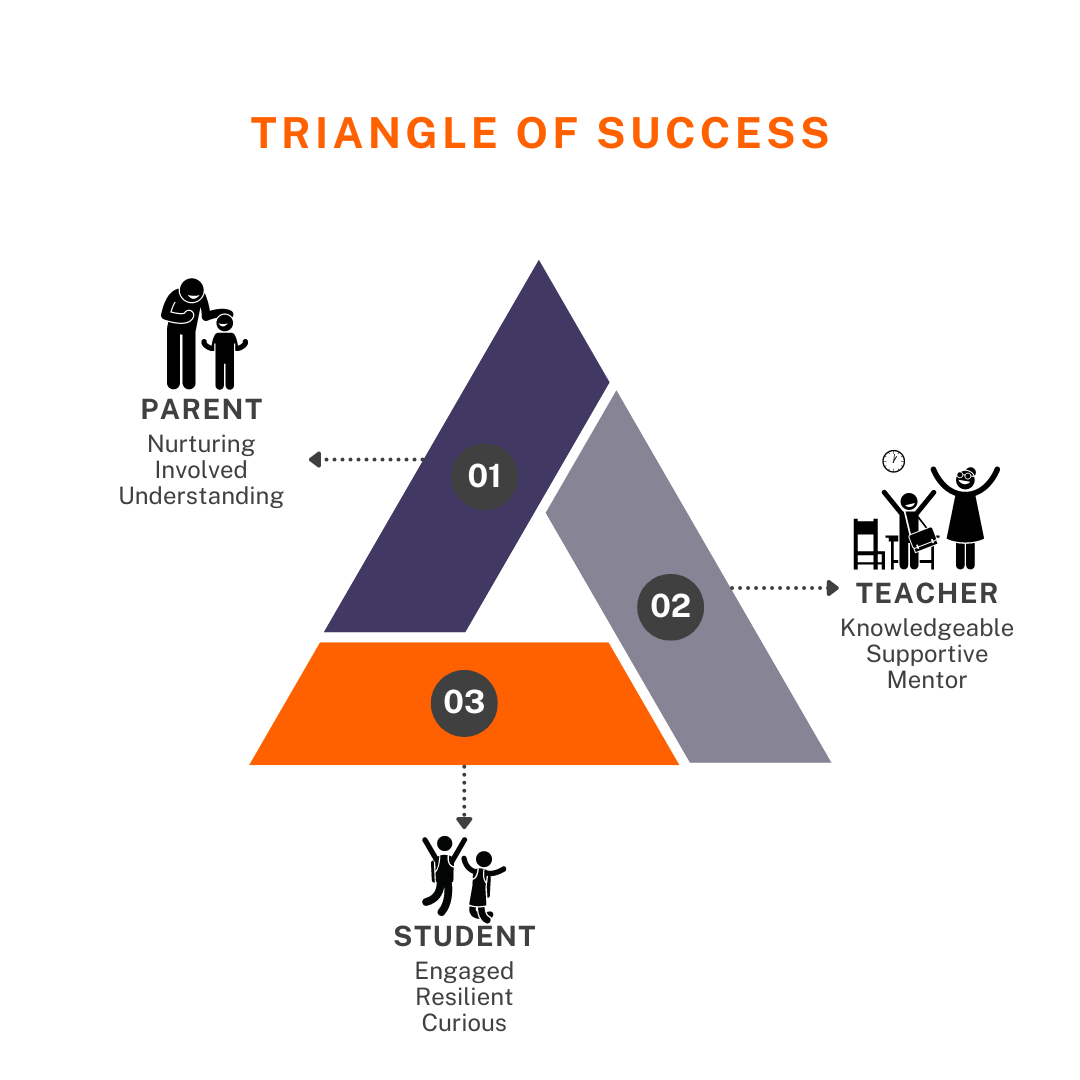Nurturing Creativity in Your Child at Home
Creativity is a vital skill that goes beyond artistic expression. It fosters problem-solving, critical thinking, and cognitive development, benefiting various aspects of a child’s life, including their academic performance. As parents, you can play a crucial role in nurturing creativity in your children at home. Here are some practical, easy-to-implement ideas that are fun and beneficial for brain development.
Why Creativity Matters
Creativity enhances brain function and promotes overall development. According to a study published in the Journal of Creative Behavior, children who engage in creative activities are better at problem-solving and have improved cognitive flexibility. Encouraging creativity at home can help transfer these skills to school life, leading to better academic performance and personal growth.
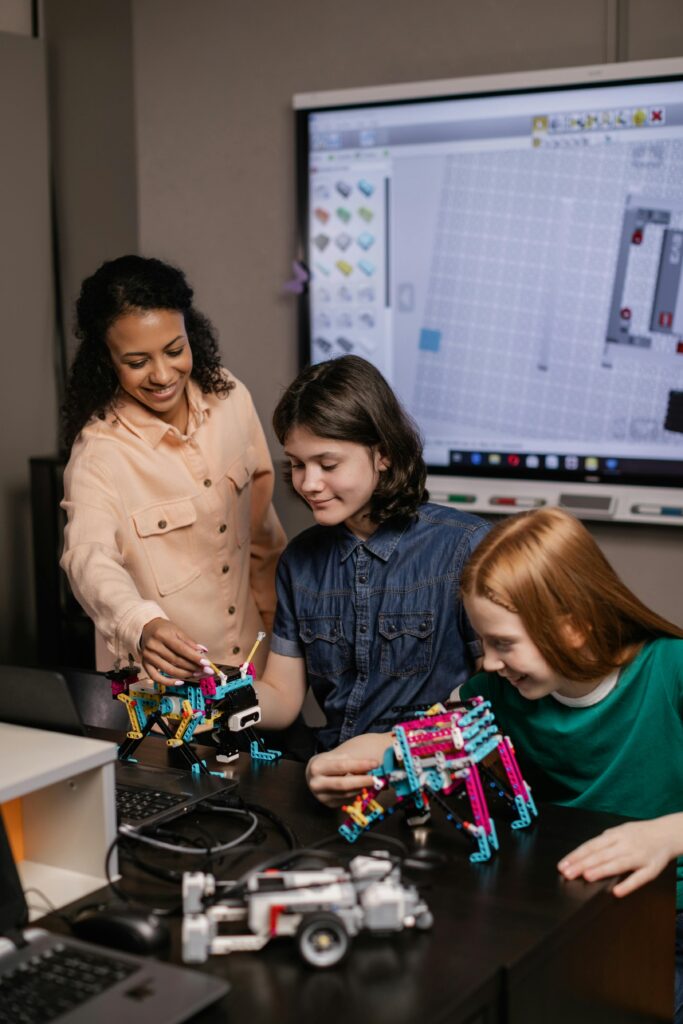
Practical Ideas to Nurture Creativity
- Art and Craft Projects:
- Materials Needed: Paper, markers, crayons, glue, scissors, recycled materials.
- Activity: Set up a dedicated art station where your child can freely create. Encourage them to use various materials to make collages, drawings, or sculptures. This enhances fine motor skills and encourages creative thinking.
- Storytelling and Writing:
- Materials Needed: Notebooks, pens, or a computer.
- Activity: Encourage your child to write their own stories or keep a journal. You can also participate in storytelling sessions where each family member adds a part to the story. This boosts language skills and imagination.
- Building and Construction Play:
- Materials Needed: LEGO bricks, building blocks, or other construction toys.
- Activity: Challenge your child to build specific structures or let them create their own designs. This type of play promotes spatial awareness and problem-solving skills.
- Science Experiments:
- Materials Needed: Household items like vinegar, baking soda, food coloring, and small containers.
- Activity: Conduct simple science experiments, such as creating a baking soda and vinegar volcano. This not only fosters curiosity but also teaches basic scientific principles.
- Music and Dance:
- Materials Needed: Musical instruments, music player.
- Activity: Encourage your child to learn a musical instrument or simply have a dance party at home. Music and movement activities enhance coordination and auditory skills.
- Gardening:
- Materials Needed: Seeds, soil, pots, gardening tools.
- Activity: Start a small garden where your child can plant and take care of flowers or vegetables. Gardening teaches responsibility and provides a sense of accomplishment.
- Cooking and Baking:
- Materials Needed: Ingredients for simple recipes, kitchen utensils.
- Activity: Involve your child in cooking or baking activities. Let them measure ingredients, mix, and create their own recipes. This promotes math skills and creativity in the kitchen.
- DIY Projects:
- Materials Needed: Various household items, online tutorials.
- Activity: Find DIY project tutorials online and create something together, such as homemade slime or birdhouses. These projects are fun and foster a sense of innovation.
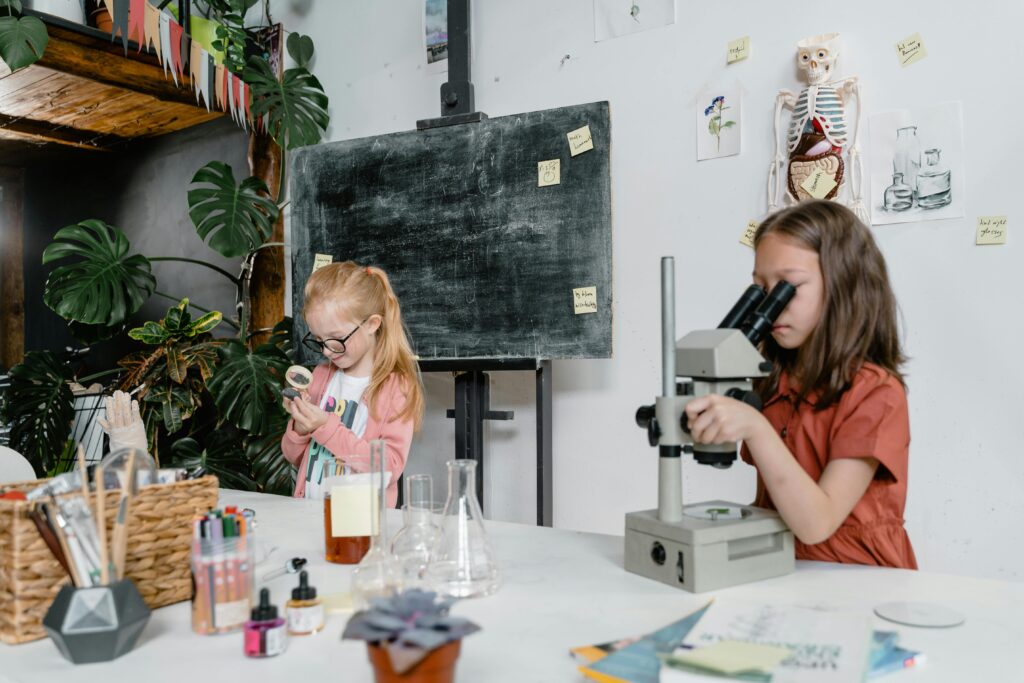
Tips for Parents
- Provide a Creative Space: Ensure there is a designated area in your home where your child can freely express their creativity without worrying about making a mess.
- Encourage Curiosity: Answer your child’s questions and encourage them to explore new ideas. Curiosity is the foundation of creativity.
- Be Supportive: Show interest in your child’s creative activities. Praise their efforts and creations, regardless of the outcome.
- Limit Screen Time: While some screen time can be educational, ensure it is balanced with hands-on creative activities.
- Join In: Participate in creative activities with your child. It’s a great way to bond and model creative behavior.
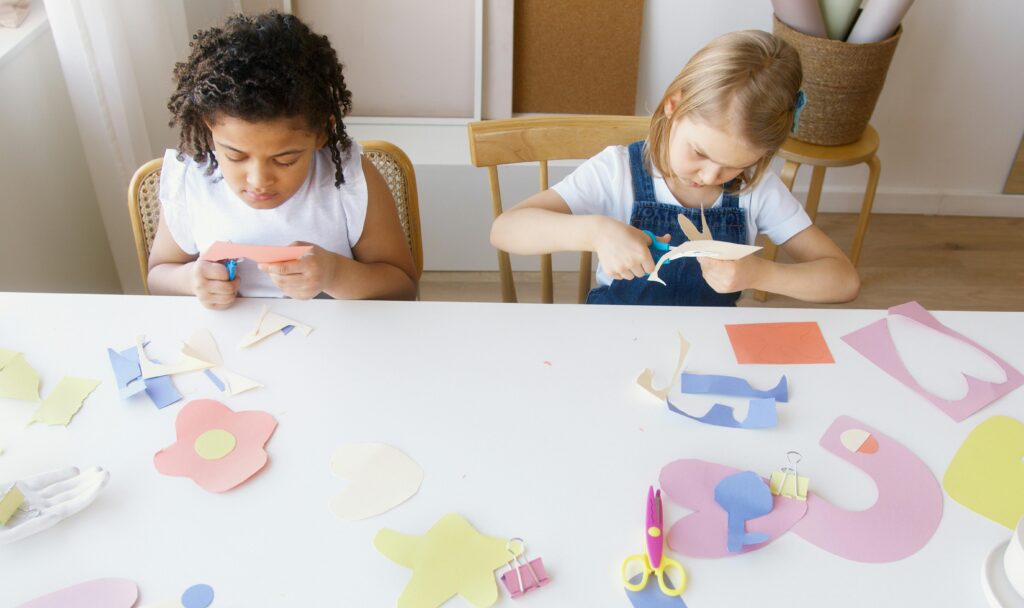
Conclusion
Nurturing creativity in your child at home is both fun and beneficial. These activities not only promote brain development but also help children develop skills that are transferable to school and beyond. By providing opportunities for creative expression, you are setting the foundation for lifelong learning and problem-solving abilities.

